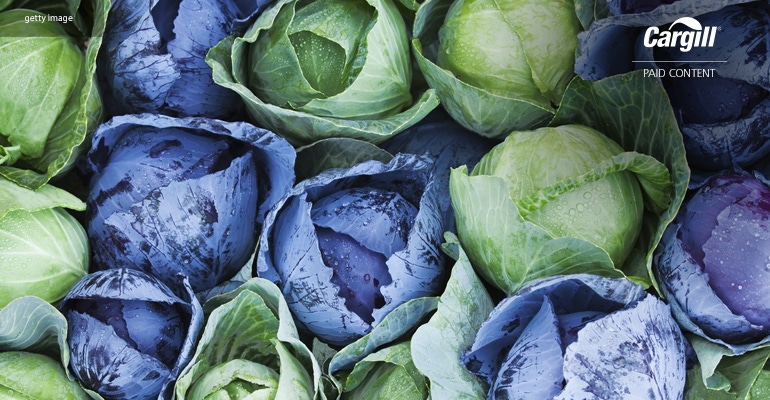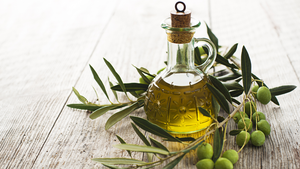December 8, 2020

By definition, sustainability is about meeting the needs of the current time without compromising the needs of future generations. These concepts are now part of a global movement, and companies who practice and support sustainable ideals are seeing financial gains for their efforts1. But touting sustainable ideals alone does not guarantee success. Sustainable practices require robust commitments for implementation. This can be complex to communicate, consumer understanding of these ideals, commitments and practices can be elusive.
The problem is that sustainability is a big, broad concept involving environmental, social and ethical issues. These ideals are is both concerning and aspirational and relate to our connections with one another, nature and our hopes for the future2. While consumers are now acting on these concerns in various aspects of their lives, they are only just beginning to apply them to their purchasing decisions.
Sales evidence does suggest that consumers care about these issues. Overall, the global market for ethically labeled packaged foods is expected to reach $872.7 billion in 20203. It’s been a steady rise, according to a study from NYU Stern’s Center for Sustainable Business that found sustainably marketed products accounted for 50% of CPG growth from 2013 to 20184. This interest is also clearly driving rise of more sustainable plant-based foods and beverages, which reached $5 billion in 20195.
Not surprisingly, sustainability has become a foundational element for many large food and beverage suppliers. Take Cargill. The company has made a commitment to its customers to deliver the most sustainable supply chains in the world, according to Ryan Sirolli, row crop sustainability director for the company. “This is consistent with our purpose to be the leader in nourishing the world in a safe, responsible and sustainable way. Because of our size, scale and scope, we’re able to offer capabilities unlike anyone else in our space.”
Understanding sustainable consumers
The question is, what makes sustainable values translate into purchase behavior? There remains a gap between consumers who say they want to purchase sustainable brands and those who regularly do so6.
Recent data from Inside the Bottle Research in partnership with New Hope Network NEXT Data and Insights suggests there is a broad swath of important ideals. For example, the data notes that clean label consumers seek products with more than just clean ingredients. They also want sustainable brands, those they trust that are in tune with sustainable values, environmental consciousness, and ethical treatment of workers and animals. While they care about all these issues, it is often hard to ascertain what resonates most.
Consumer motivations may remain difficult to see, but claims that pinpoint specific consumer values will be helpful in overcoming this chasm. Brands will have to fully understand the needs of their target customers as well as the barriers to behavioral change7.
Ultimately, these ideas will coalesce to push sustainability forward, but it will take a broad industry effort. “As the world faces extraordinary challenges – from climate change to food insecurity –consumers will continue to act on these ideals,” Sirolli noted. “Delivering on our purpose is more critical than ever before,” he added. “At our core, we’re an agriculture company and our approach to sustainability is rooted in the very place our food system begins: agriculture. We also recognize that we can’t do this work on our own, which is why we are partnering with farmers, customers, industry peers and other key stakeholders around the world to create meaningful change. By empowering farming communities, protecting land and regenerating our soils, we’ll nourish this growing population – safely, responsibly and sustainably.”
[1] Natural Marketing Institute. 2019 State of Sustainability in America. https://nmisolutions.com/research-reports/sustainability-reports/usa/new-2019-state-of-sustainability-in-america-17th-annual-consumer-insights-trends-report
[2] The Hartman Group. Sustainability 2019. Beyond Business as Usual. https://www.hartman-group.com/infographics/70420651/sustainability-in-context-the-power-of-purchase
[3] Statista. Sustainable Food industry: Statistics and Facts. Oct. 7, 2020. https://www.statista.com/topics/2217/sustainable-food-industry-statistics-and-facts/
[4] Kronthal-Sacco R, Whelan T. Sustainable Share Index. Research on IRI Purchasing Data 2013-2018. NYU Stern Center for Sustainable Business. March 11, 2019. https://www.stern.nyu.edu/sites/default/files/assets/documents/NYU%20Stern%20CSB%20Sustainable%20Share%20Index%E2%84%A2%202019.pdf
[5] Plant-Based Foods Association data commission from SPINS for 52 weeks ending Dec. 2019. https://plantbasedfoods.org/marketplace/retail-sales-data/
[6] Ibid. NYU Stern.
[7] White K et al. The Elusive Green Consumer. Harvard Business Review. July-August 2019. https://hbr.org/2019/07/the-elusive-green-consumer
You May Also Like




